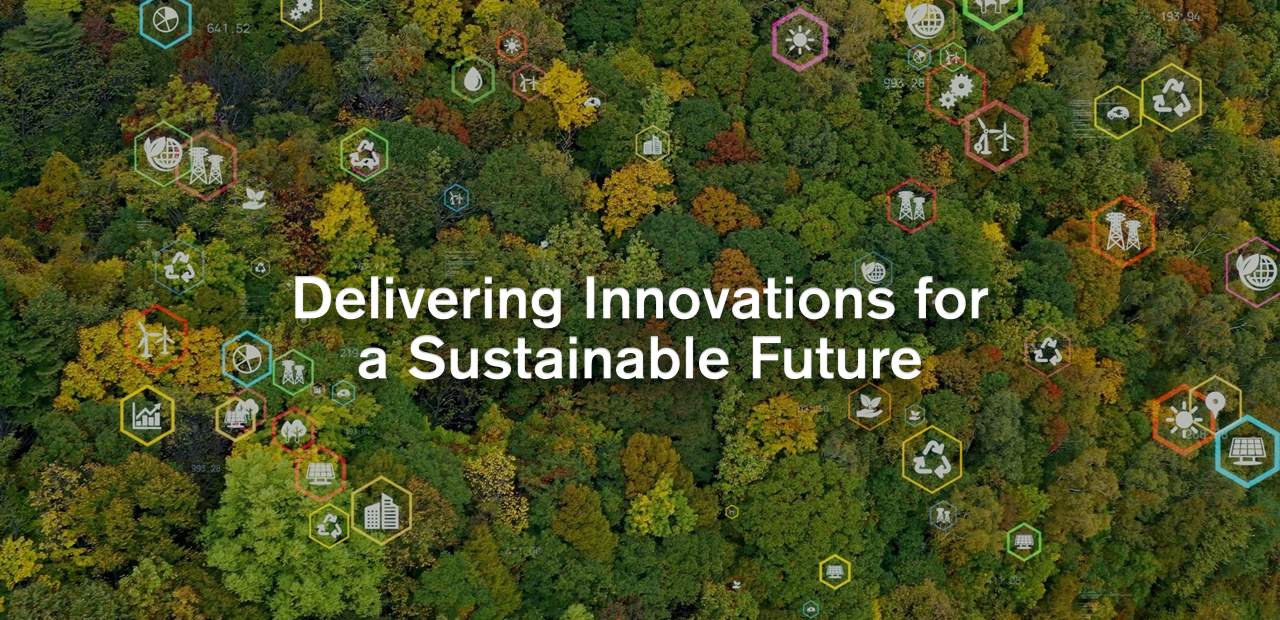 By Carlos Fernandez, Executive Vice President, Customer Sustainability and Market Development, JBT Corporation
By Carlos Fernandez, Executive Vice President, Customer Sustainability and Market Development, JBT Corporation
Worldwide, protein processors are under cost pressures and are facing an urgent need to reduce spending on energy, water, and labor, while at the same time ensuring advances in sustainability and food safety. The need to maximize yield has become every bit as important as the drive to move away from outdated – and in some cases unsafe – working practices.
The protein industry is suffering badly from spiking energy prices which have been reflected in sharp increases in the costs of materials, water and gas. Adding to a complicated picture, much of the industry continues to rely on manual labor, which carries its own significant cost.
But the challenges are far from unbeatable. To fight rising production costs, JBT is helping customers around the globe become more efficient and cost-effective through innovative, industry-leading technologies.
Save water in your Primary Processing Line
For many protein processors, water use is high and costly, and this is especially true for primary processing. Water wastage is common during this stage in industries such as poultry processing where plants consume an average of 26.5 liters per bird from start to finish, according to ResearchGate.
JBT Primary Processing technologies save water and energy while ensuring nothing goes to waste during the preparation of poultry and other proteins for downstream processing. In particular, JBT’s water-efficient solutions help customers conserve water and reduce effluents.
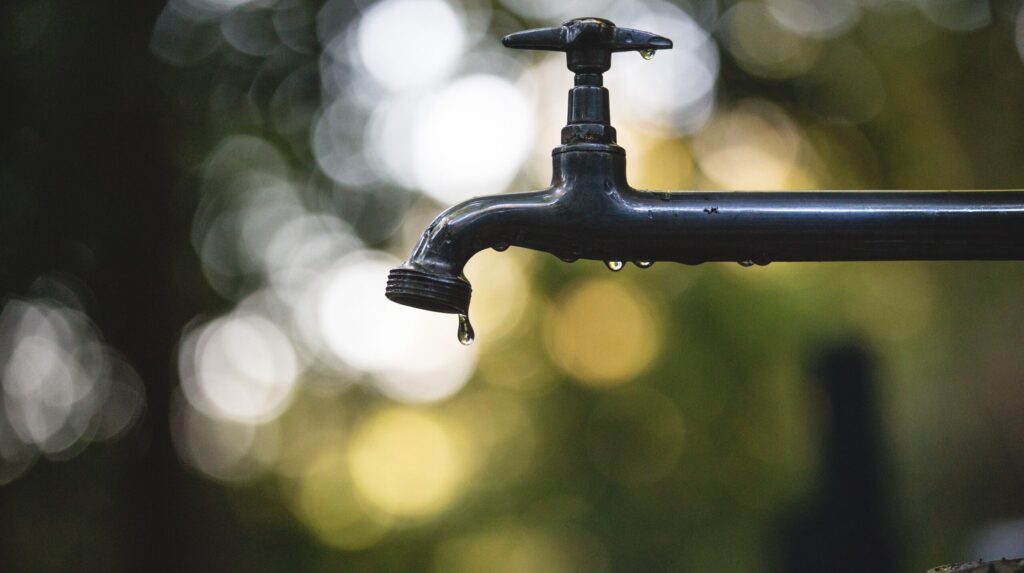
Let’s look at some of the innovative systems available from JBT:
- One of the key ways JBT can help customers achieve greater water efficiencies is through Prime Equipment Group’s Water Reuse System. A customized recirculating water sanitation solution enables the reuse of up to 90% of water collected during primary processing, reducing customers’ water, energy, and chemical usage in the process.
- A complementary – and equally useful – system is the JBT C.A.T. ReChiller which helps significantly reduce costs by continuously rotating and “re-chilling” water used in products like the JBT C.A.T. NeoCat Chiller instead of bringing in a fresh supply each time.
- Adding to the mix is the Prevenio Automated Recycle & Cleaning System (ARC), a revolutionary solution that offers immediate water, chemical, and energy savings. The ARC reduces water consumption by an estimated 7 million gallons a year while tripling efficiency and decreasing chemical usage by 10%. Further, the ARC’s automated Clean-In-Place (CIP) system – which includes pH and temperature validation – improves sanitation consistency and reduces labor.
Maximize yield and reduce food waste in Secondary Processing
Manual labor is another area where costs can soon accumulate, and this can be seen throughout the protein industry. It is still common practice for product preparation to be done by hand at the secondary processing stage. Having employees portioning both traditional and alternative proteins manually has a significant cost and is generating an ever-greater interest in automation, which comes with the twin benefits of making considerable monetary savings and improving workplace safety.
JBT technologies, developed specifically for secondary processing, can optimize cuts, and eliminate food waste, while at the same time helping significantly reduce energy costs by the simple fact that processes can be efficiently carried out using less machinery than is found in many processing facilities.
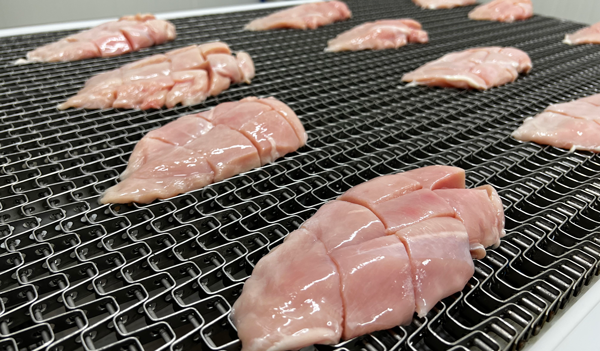
Here are some of the key ways JBT can help:
- The JBT DSI Waterjet Portioning System helps customers dramatically increase yields using imaging technology to scan each piece of product and then precisely cutting portions using sophisticated software and 80,000 psi waterjets. This technology is used on fish, meat and plant-based foods in addition to poultry. In my opinion, these portioning systems are the best available on the market. Customers can move from having as many as fifty people cutting products to a single operator staffing the waterjet, not to mention the immediate benefits to workplace safety. Importantly, these systems are equally effective for both traditional and alternative proteins.
- The DSI Quantum servo pump uses 40% less power than a hydraulic pump and eliminates the inrush of spinning up a 100 HP motor. The resultant savings in energy costs have been estimated at more than US$20,000 a year.
Further processing solutions – energy efficient by design
When it comes to further processing, there are huge positives to be gained from JBT solutions in energy savings across the areas of cooking and freezing. Energy efficient by design, JBT’s further processing options can help companies become more sustainable by reducing emissions while making considerable savings.
In fact, our range of electrically heated fryers and ovens allows processors to access renewable sources of energy, providing a solution for those who want to become less reliant on fossil fuels, such as gas, oil, and coal.
On the freezing side, the systems are no less innovative, with prolonged operating times for fewer defrost and cleaning stops, and major energy savings achievable through refrigeration optimization.
Here is just a sample of what JBT offers:
- The JBT Stein Fryer is a direct heated immersion fryer that uses a uniquely designed heat exchanger to gently heat cooking oil in the fryer tank. By applying gentle heat, oil breakdown is prevented, so less debris builds up. The result is oil can be used for longer periods, which saves oil while maintaining product quality.
- Cooking whole muscle poultry products in the JBT Formcook Contact Cooker in combination with the Stein Twindrum Spiral Oven delivers significant yield and performance benefits. The use of a pre-cooked product surface can minimize cooking losses by up to 10% while increasing production volume by 20%. The combination helps increase running intervals with fewer cleaning stops, lower water consumption, and lower overall energy consumption per kilo of cooked product as a result.
- The Frigoscandia GYRoCOMPACT self-stacking freezer is extremely energy-efficient, requiring only half the motor power of a conventional freezer to drive the stack. The result is a reduction in energy consumption to drive the stack by almost 50%. The self-stacking compact design means there is no belt support structure inside the freezer allowing for easier cleaning and shorter cleaning times, enabling savings in water and chemical usage.
- JBT’s Frigoscandia LVS Refrigeration System is a great example of how you can substantially decrease power consumption in your refrigeration process. The unique invention optimizes the refrigeration system by separating the liquid refrigerant from the gas and regulating the amount, providing a dry return to the compressor, and eliminating the need for wet suction and refrigerant pump. LVS makes freezing less energy-demanding, with up to 20% lower energy consumption, and far more efficient.
- Looking to maximize yield? JBT’s Frigoscandia ADVANTEC Impingement freezer improves throughput, yield, and hygiene using crust freezing; a process with limits product water loss and reduces food waste thanks to a stabilized product.
Rethinking Packaging for a Better Future
Our Proseal technologies are committed to finding sustainable solutions and creating a better future for our customers. Proseal’s tray sealer, helps to reduce the amount of packaging waste generated by the food industry. This tray sealer works by sealing pre-packaged trays with a thin film of plastic, resulting in less plastic waste and a longer shelf-life for food products. For example, every 1 million trays sealed with Proseal equipment saves up to ten tons of plastic.
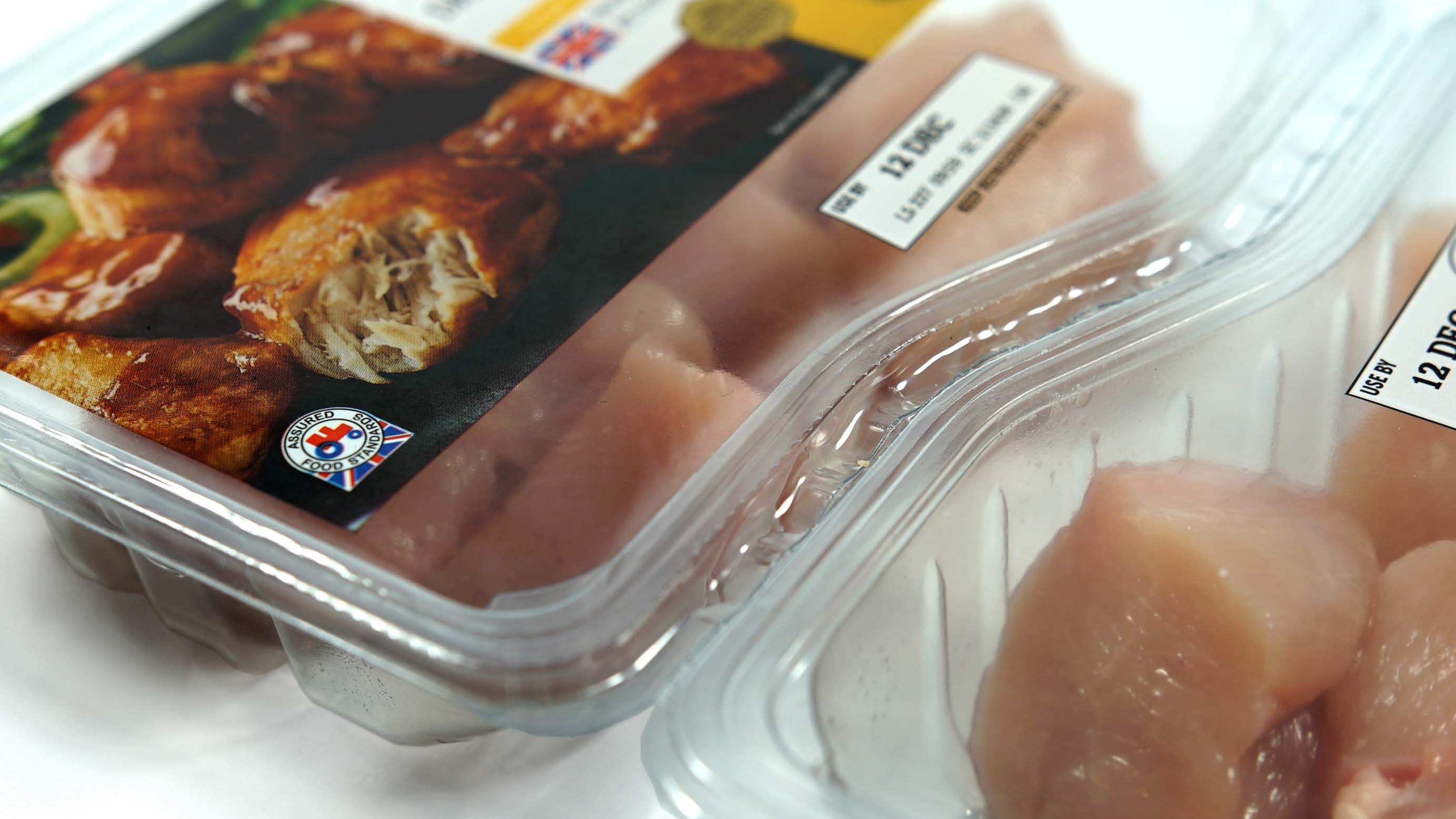
This is just one of the ways in which Proseal is helping to promote a sustainable future for the packaging industry. By rethinking packaging, we can reduce plastic usage and improve efficiency while maintaining the freshness and integrity of products.
But these solutions are just scratching the surface of what JBT offers. Protein forms a central part of JBT’s future growth strategy, and we have huge opportunities in this market by focusing on supporting customers with innovative solutions. JBT is committed to its sustainability journey by bringing new technologies and innovations to market. Our research and development program continues to develop and explore innovative technologies that will further optimize our systems and your production, including advancements in the alternative protein and cell-based protein markets.
Not sure where to start? Our team of food processing & application experts can also help you optimize your production and processing steps to ensure that product specifications are met at the lowest possible energy consumption. JBT’s Technology Centers are also available to assist with the testing and trialing process of new or existing products to help customers determine their best performance setup for improved productivity and sustainability, including the development of alternative proteins.
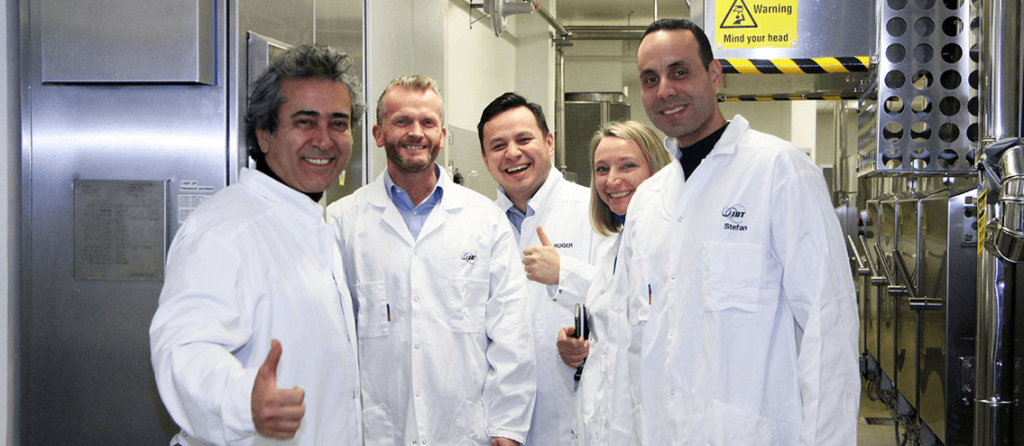
As a full-service partner, we will pull from our well of knowledge and experience to design the right innovative solution, ensuring reliability and performance across all areas of operations and food safety, including quality, environment, and production. All of this adds up to savings on energy, water, chemicals, and labor while helping ensure yield, uptime, productivity, and sustainability are maximized.
Read more about how our solutions are making it BETTER here.

